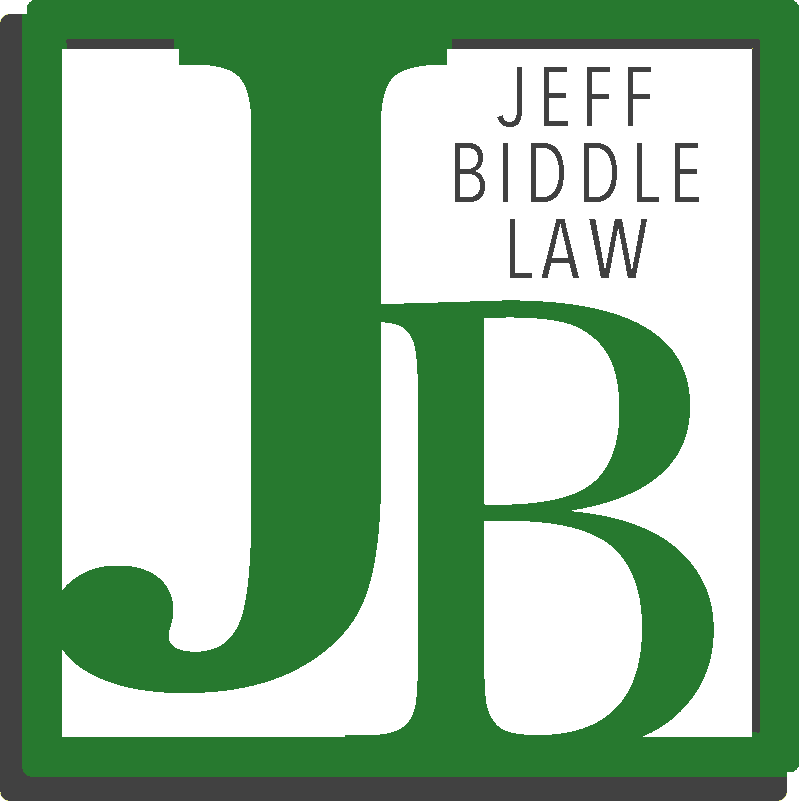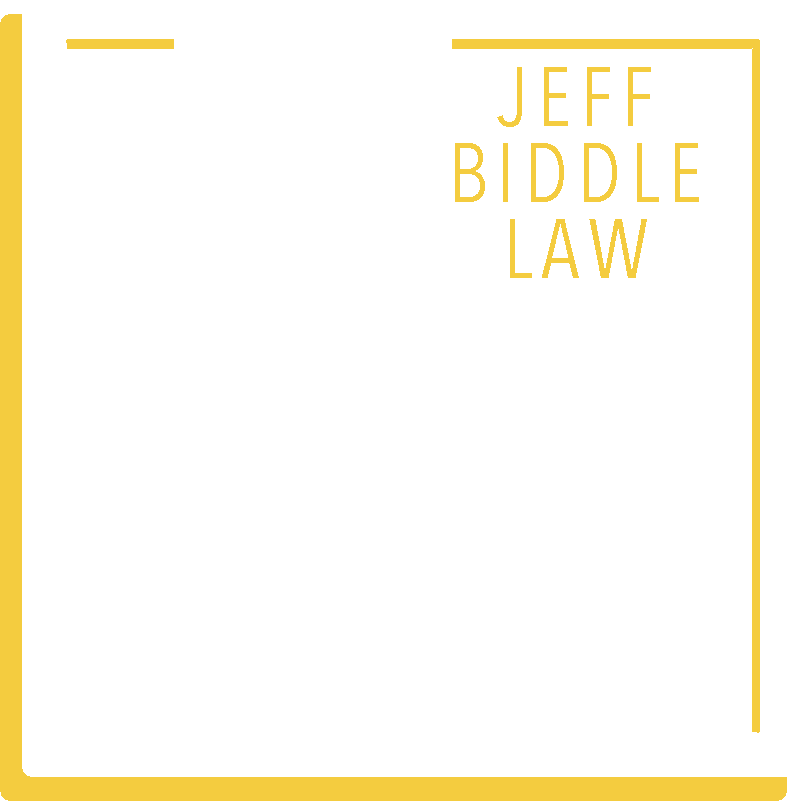The Homestead Exemption Is Changing In Arizona – Good News Or Not!?
Among the bankruptcy attorney community many of us are discussing Arizona House Bill 2617, which amends the Arizona Homestead Statute, and related statutes, effective January 1, 2022. The short take on the bill is that the bill is not primarily anti-consumer, and has significant redeeming qualities that may benefit a lot of people but, as usual, it’s not all good.
What Changed?
First, the bill clarifies a question regarding the 2018 statutory amendment increasing the effective period of a judgment. I’m not a fan of that amendment as it was clearly anti-consumer. I just don’t understand why they basically made judgments seemingly eternal if you continue to renew them. A.R.S. § 12-1551 is amended to state expressly (a) that the 10-year renewal period of current law applies to (i) judgments entered on or after August 3, 2013, and (ii) judgments entered on or before August 2, 2013 and renewed under the prior 5-year statute on or before prior to August 2, 2018, and (b) judgments entered on or before August 2, 2013 and not timely renewed on or before August 2, 2018 are not revived.
Second, the bill increases the homestead exemption from $150,000.00 to $250,000.00. WOO HOO!!! Given the recent skyrocketing in the housing market values, the increase is long overdue and they should probably amend it again so that the exemption at least increases annually with the cost of living. The prior $150,000.00 exemption was an absolute joke and completely insufficient to enable people to use the proceeds of a forced sale to acquire a new homestead. The change is beneficial to debtors and contrary to the interests of creditors...for once. This has led to some people to start bankruptcy planning; since the state law exemptions available under 11 U.S.C. § 522(b)(3)(A) are those that are "applicable on the date of the filing of the petition." The higher homestead exemption has created quite the incentive to prospective bankruptcy filers to delay filing until 2022.
Finally, A.R.S. § 33-964 will be amended to provide that a recorded judgment is a lien against all property owned by judgment debtor in the county where recorded, including homestead property!
Therefore, if you get sued and a civil judgment is granted against you, this judgment could become a lien on your real property, homestead or not, provided that the property is in the same county that the lien is recorded. Furthermore, this judgment can travel through time and attach to property that you acquire AFTER the judgment! Lastly, this subsection applies retroactively to all judgments without regard to when the judgment was recorded. So, if you have a judgment against you that was recorded in 2020 and you bought a house in 2021, that judgment will now attach to your house! Super cool, huh? I’m pretty sure if voters were asked if they wanted this, 99% of us would say “HELL NO!!!”
A.R.S. § 33-964B (as amended eff. 1/1/2022)
This is a significant change from the anomalous situation presented by prior law, under which (a) a recorded judgment was not a "lien" against homestead property, yet (b) the judgment creditor nevertheless could cause the sheriff to levy against and sell the property. Thus, under existing law, a judgment lien does not attach to a homestead property. Nevertheless, the judgment creditor has the right to cause a writ of execution to be issued, and to sell the property, so long as the judgment debtor's interest in the property is greater than "the sum of the judgment debtor's homestead plus the amount of any consensual liens on the property having priority to the judgment." A.R.S. § 33-1105. This provision remains unchanged under the Amendments. The intent of the change to § 33-96433-964, in this context, is to provide clarity as to the competing rights and obligations of the parties regarding homestead property. Whether it accomplishes this goal is another matter entirely.
So, What Can You Expect?
If you want to refinance and get cash out of your house: If you receive cash proceeds from refinancing the homestead property that is subject to a judgment lien, the judgment creditor must be paid in full from those proceeds before the judgment debtor or other person receives any proceeds.
If you want to sell the house then things get complicated and those pesky title agents will start to earn their money.
1. If the anticipated payment to the judgment debtor is less than 80% of the homestead exemption (i.e., $200,000.00 under the amended law), the title insurer is authorized to record a partial release without notice to the judgment creditor.
2. If the anticipated payment to the judgment debtor will exceed $200,000 (80% of the exemption), the lien is extinguished as to the homestead property, subject to compliance with requirements for notice and opportunity to object on the part of the judgment creditor. Specifically, in such circumstances:
- The title insurer must mail a notice to the judgment creditor (20 days before the sale is final) by certified mailing, informing the judgment creditor of the position of the title insurer (not the judgment debtor) that the judgment creditor's lien will be extinguished by the voluntary sale (A.R.S. § 33-364(B) as amended eff. 1/1/2022); and
- If the judgment creditor has "good cause to believe that the judgment lien should not be extinguished," the judgment creditor has 20 days after the date of the title insurer's notice to submit an objection. (Id.)
The statutes provide no sense of clarity, and litigation will likely be the only mechanism to obtain bright line rules, as to multiple issues. I could elaborate but, since this doesn’t pertain to bankruptcy law, I will try not to bore you further.
I’m a bankruptcy attorney that practices in Arizona. I’ve had clients all over the state in cities like Chandler, Mesa, Tempe, Scottsdale, Apache Junction, Queen Creek, Phoenix, Peoria, Litchfield Park, Ahwatukee, Gilbert, Florence, Sedona, Lake Havasu, Peoria, Glendale, Fountain Hills, Avondale, Goodyear, and Cave Creek. While most of my clients reside in Maricopa and Pinal County, I can assist you with a Chapter 7 or Chapter 13 bankruptcy anywhere in the state. If you have questions, please don’t hesitate to call or email me.


